Loading the player...
Mindfulness Shows Benefits for Young Breast Cancer
For women diagnosed with breast cancer, nearly a quarter are under the age of 50. At such a young age, providers are learning the importance of treating not only the physical aspects of the disease but also the psychological factors.
A recent phase III trial looked at the efficacy of mindfulness meditation and survivorship education for young breast cancer survivors in improving their overall quality of life. Results of the trial were presented at the virtual San Antonio Breast Cancer Symposium.
The trial included more than 200 women who had completed their cancer treatment between six months and five years earlier and had shown mild depressive symptoms.
Patricia Ganz, MD, from the UCLA Fielding School of Public Health, told MD/alert that the women enrolled in the trial had not been previously screened or assessed for depression prior to the trial and weren’t receiving medication or therapy.
One of the main challenges for the women, according to Ganz, was working their therapy into their already busy schedule coming off their already challenging cancer treatment.
"These were young women with children with their work and other things, and just even getting them to commit and get engaged was a challenge just with where they are in their life," Dr. Ganz said.
“Our main outcome for the study was depressive symptoms, and so I should say that because this is a selected group who we screened for depressive symptoms on the main outcome measure that we use. They were at a threshold on average. That was very significant, so it was a highly distressed and depressed group. With both of the interventions compared to the control group, we saw a marked decrease in depressive symptoms.”
Dr. Ganz said at the end of the intervention period, which was 6 weeks from the start of the trial, the researchers noted sustained benefits for both the survivor education and mindfulness groups after three months, with the mindfulness group showing sustained benefits after six months.
She added that the research showed a need to improve the availability and inclusion for therapies like mindfulness and survivor education, whether in large centers like the ones in the trial or smaller centers helping patients at the local level.
The findings from the trial also had an unexpected turn due to the impact of the COVID-19 pandemic.
"Our last offering, if you will, to the wait-list control group patients could not be given in person as a session. And so, we actually gave it to them online. And it was very effective also in those individuals," she continued. "We didn't do a big formal evaluation. But we could actually have the classes for women in Boston, Baltimore, and Los Angeles all at the same time with the same instructor."
Dr. Ganz said that while there are already national guidelines for distress screenings and other ways to address a patient’s mental health, even after treatment, there is more work that can be done.
"So, while you know the oncologist, surgeon, medical oncologist surgeon, whoever is doing the medical care may not see that as their role, someone on the team needs to be doing this at the institutional level. And I think the point of this study is it's really not over when it's over. Just because your hair has grown back, just because you've gone back to work., these women are living with the burden of having many ongoing symptoms, which have not gone away. They may not have their energy back. They may still have some cognitive changes. They may not have the ability to do all the things they did before, and they know that they're sitting there at risk for recurrence. Everybody else says oh, you need to move on. You know, it's over with. What are you worrying about? But they have continued ongoing symptoms. And that means that we have to continuously think about reassessing people. When that person comes in for their follow-up for breast cancer, and we say, Oh, you're looking great. You know, how are things going, and the patient may be reluctant to say, you know I'm really bummed out. I can't sleep. I'm very anxious, and I'm really worried about the cancer coming back."
Dr. Ganz said by implementing a systemic screening system, like a questionnaire for depression or anxiety symptoms, doctors can help quickly identify patients who would benefit from mental health support beyond their current treatment regimens.
By Adam Hochron
A recent phase III trial looked at the efficacy of mindfulness meditation and survivorship education for young breast cancer survivors in improving their overall quality of life. Results of the trial were presented at the virtual San Antonio Breast Cancer Symposium.
The trial included more than 200 women who had completed their cancer treatment between six months and five years earlier and had shown mild depressive symptoms.
Patricia Ganz, MD, from the UCLA Fielding School of Public Health, told MD/alert that the women enrolled in the trial had not been previously screened or assessed for depression prior to the trial and weren’t receiving medication or therapy.
One of the main challenges for the women, according to Ganz, was working their therapy into their already busy schedule coming off their already challenging cancer treatment.
"These were young women with children with their work and other things, and just even getting them to commit and get engaged was a challenge just with where they are in their life," Dr. Ganz said.
“Our main outcome for the study was depressive symptoms, and so I should say that because this is a selected group who we screened for depressive symptoms on the main outcome measure that we use. They were at a threshold on average. That was very significant, so it was a highly distressed and depressed group. With both of the interventions compared to the control group, we saw a marked decrease in depressive symptoms.”
Dr. Ganz said at the end of the intervention period, which was 6 weeks from the start of the trial, the researchers noted sustained benefits for both the survivor education and mindfulness groups after three months, with the mindfulness group showing sustained benefits after six months.
She added that the research showed a need to improve the availability and inclusion for therapies like mindfulness and survivor education, whether in large centers like the ones in the trial or smaller centers helping patients at the local level.
The findings from the trial also had an unexpected turn due to the impact of the COVID-19 pandemic.
"Our last offering, if you will, to the wait-list control group patients could not be given in person as a session. And so, we actually gave it to them online. And it was very effective also in those individuals," she continued. "We didn't do a big formal evaluation. But we could actually have the classes for women in Boston, Baltimore, and Los Angeles all at the same time with the same instructor."
Dr. Ganz said that while there are already national guidelines for distress screenings and other ways to address a patient’s mental health, even after treatment, there is more work that can be done.
"So, while you know the oncologist, surgeon, medical oncologist surgeon, whoever is doing the medical care may not see that as their role, someone on the team needs to be doing this at the institutional level. And I think the point of this study is it's really not over when it's over. Just because your hair has grown back, just because you've gone back to work., these women are living with the burden of having many ongoing symptoms, which have not gone away. They may not have their energy back. They may still have some cognitive changes. They may not have the ability to do all the things they did before, and they know that they're sitting there at risk for recurrence. Everybody else says oh, you need to move on. You know, it's over with. What are you worrying about? But they have continued ongoing symptoms. And that means that we have to continuously think about reassessing people. When that person comes in for their follow-up for breast cancer, and we say, Oh, you're looking great. You know, how are things going, and the patient may be reluctant to say, you know I'm really bummed out. I can't sleep. I'm very anxious, and I'm really worried about the cancer coming back."
Dr. Ganz said by implementing a systemic screening system, like a questionnaire for depression or anxiety symptoms, doctors can help quickly identify patients who would benefit from mental health support beyond their current treatment regimens.
By Adam Hochron
.jpg)

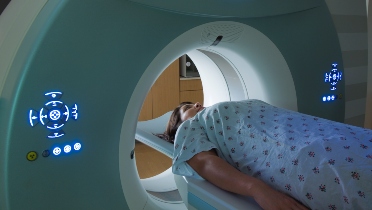



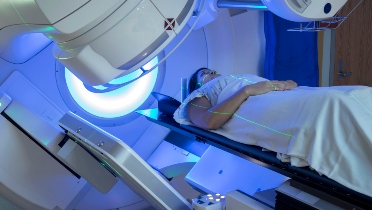
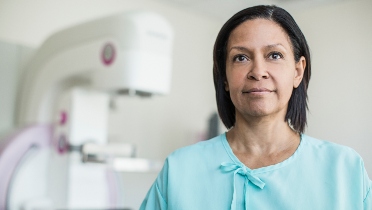

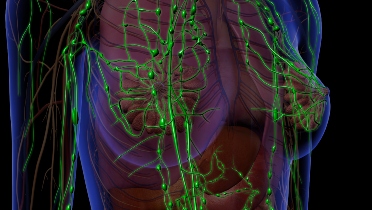
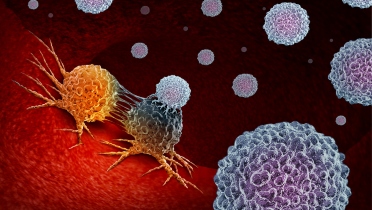


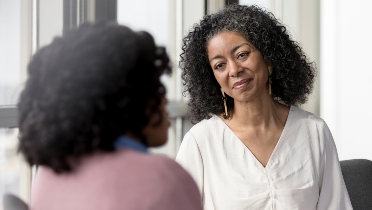

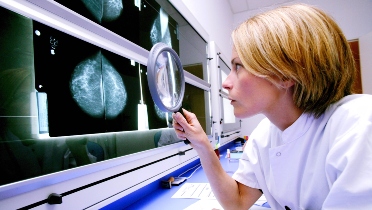
.jpg)

.jpg)

.jpg)
.jpg)
.jpg)
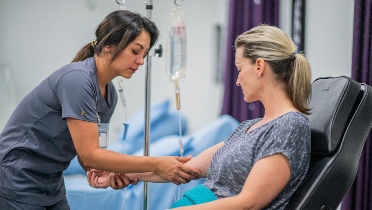
.jpg)
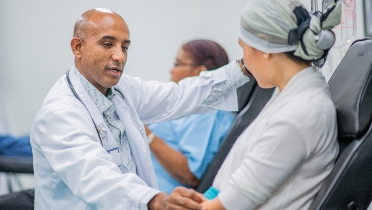

.jpg)
.jpg)
.jpg)

.jpg)
.jpg)
_.jpg)
.jpg)
.jpg)
.jpg)
.jpg)


.jpg)
.jpg)
.jpg)
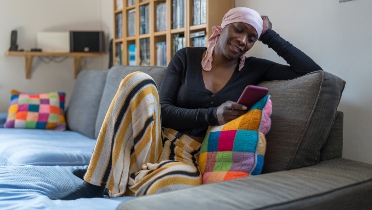
.jpg)
.jpg)
.jpg)
.jpg)

.jpg)
.jpg)

.jpg)
.jpg)

.jpg)

.jpg)
.jpg)
.jpg)

.jpg)
.jpg)
.jpg)
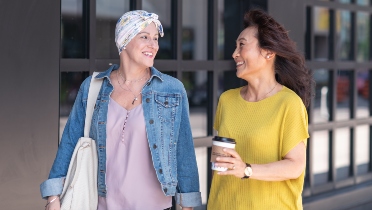
.jpg)
.jpg)

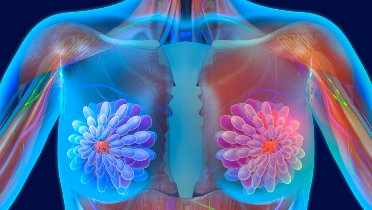
.jpg)
.jpg)
.jpg)
.jpg)
.jpg)
.jpg)
.jpg)
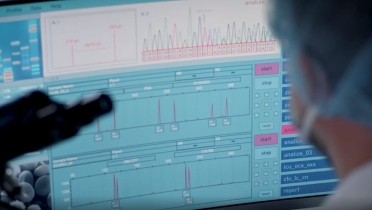

.jpg)
.jpg)
.jpg)
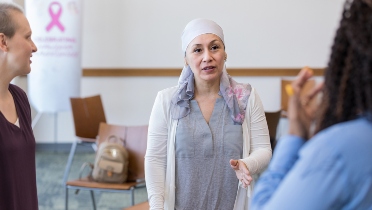
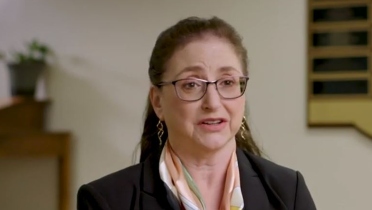
.jpg)
.jpg)
.jpg)
.jpg)
.jpg)
.jpg)
.jpg)
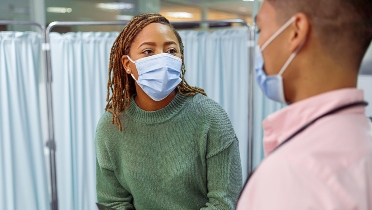
.jpg)
.jpg)
.jpg)

.jpg)
.jpg)
.jpg)

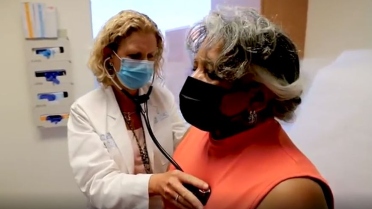

.jpg)
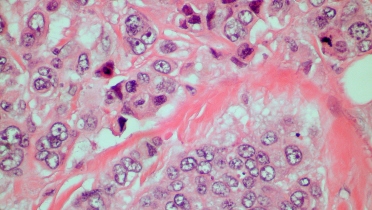
.jpg)
.jpg)
.jpg)
.jpg)
.jpg)
.jpg)
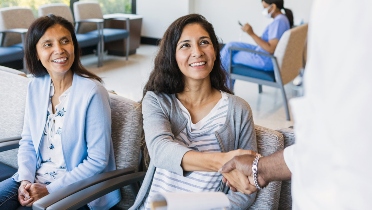
.jpg)
.jpg)
.jpg)
.jpg)
.jpg)
.jpg)
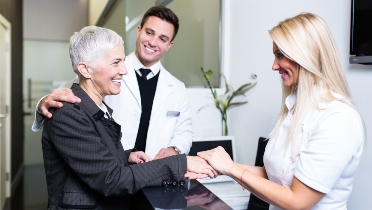
.jpg)
.jpg)
.jpg)
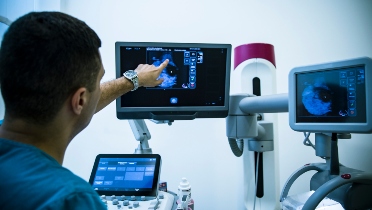
.jpg)
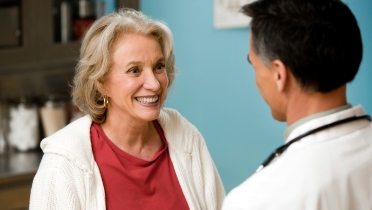
.jpg)
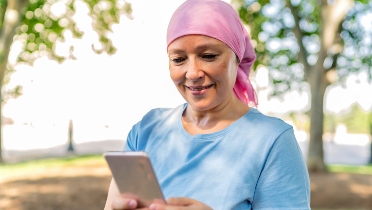
.jpg)
.jpg)
.jpg)
 Featured Breast Cancer Videos
Featured Breast Cancer Videos.jpg)